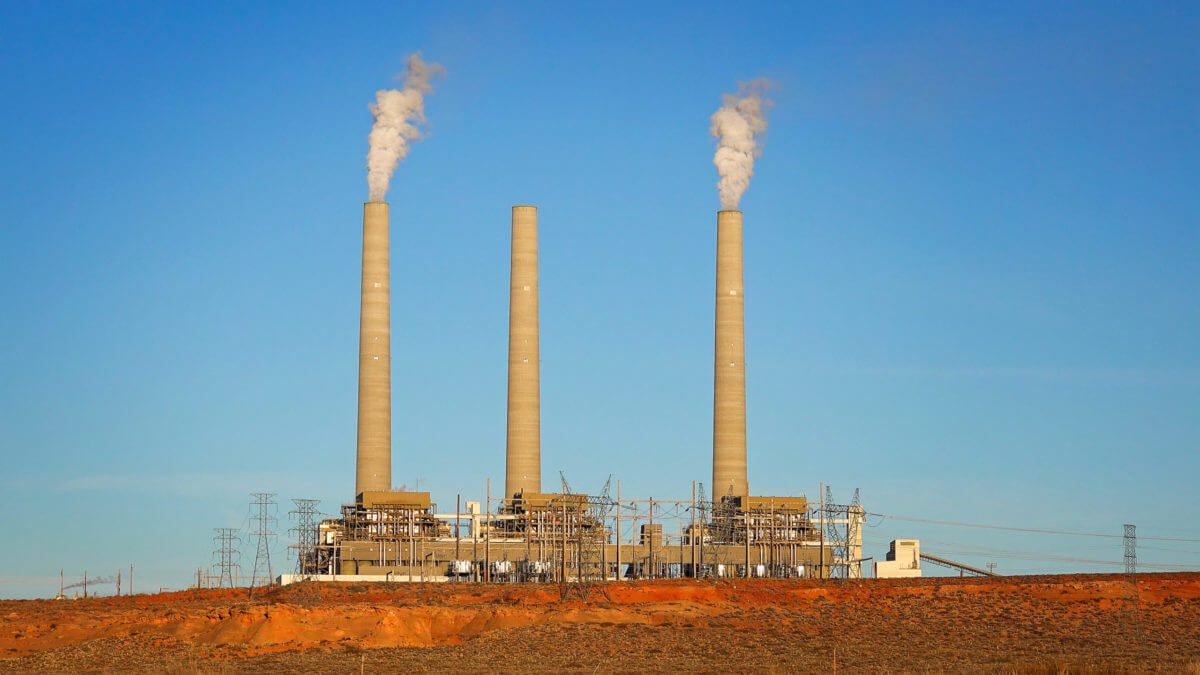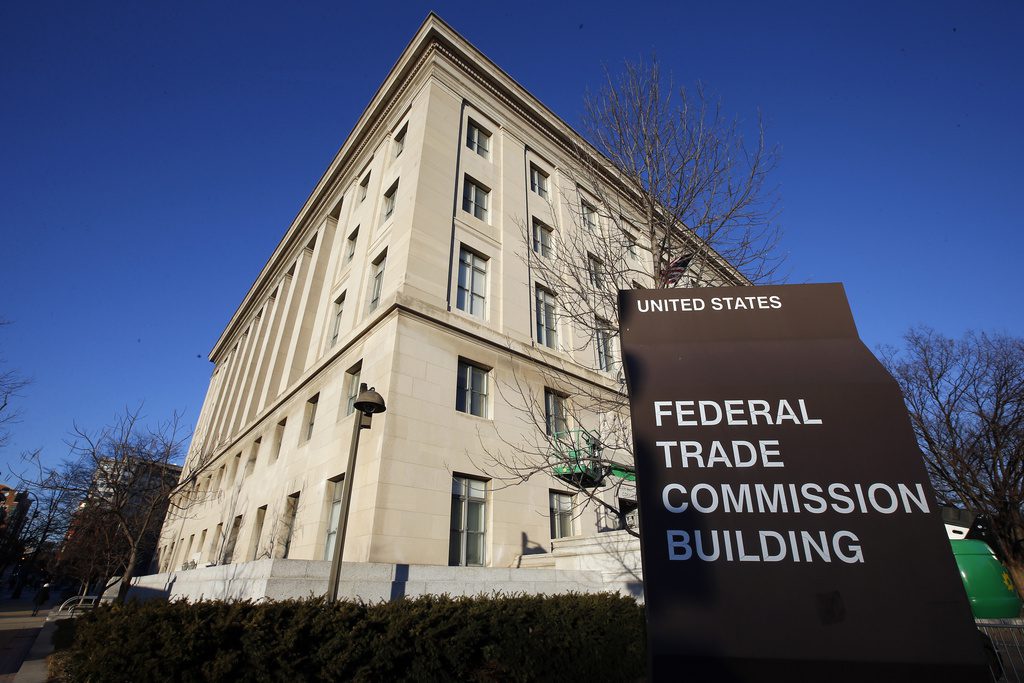
#image_title
#image_title
‘No Time to Lose: A Wisconsin Family Meeting on Climate’ reviews nearly four years of denial and deregulation.
[Editor’s Note: This article is part of our series “No Time to Lose: A Wisconsin Family Meeting on Climate.” For more stories in this series, see our hub HERE.]
Being born and raised in Milwaukee, Mandela Barnes likely never suspected he would lead a group with a mission that included tracing the actions of Donald Trump as president and his impact on Wisconsin farmers and others.
Now, as chairman of a state task force on climate change, Barnes has no pause in assessing the president’s record of the past nearly four years.
“What President Trump has done regarding climate change has been disastrous,” said Barnes. “He hasn’t done anything to address the very serious problems we are facing. In fact, he has taken steps that have set us back at a time when we need action now to address these issues.”
As head of the 30-member climate change task force appointed by Gov. Tony Evers, Barnes said he has learned plenty about the many challenges Wisconsin residents face related to the global problem of a changing climate.

The announcement by President Trump to withdraw the United States from the Paris Agreement, the landmark international treaty to address the climate change crisis, marked the culmination of continued actions against public health and the environment during his first three years in office, critics of those actions say.
But that was only the most widely-known of the many actions the Trump administration has taken to dismantle environmental protections and advance the conditions that lead to additional climate impacts while ignoring or even belittling science. Since Trump took office nearly four years ago, he has initiated an unprecedented number of rules intended to protect the environment, and repeatedly has referred to climate change as “a hoax.”
The list of Trump administration actions against addressing climate change grows even as the coronavirus pandemic causes extraordinary health and economic challenges. On Sept. 14, while in California witnessing the extensive damage caused by wildfires, the president continued to disparage climate change in comments to news reporters.
Instead of acknowledging climate change as a factor in the fires, Trump instead blamed local officials for failing to contain the blaze and for not clearing fallen leaves in forests. He said he doesn’t believe in global warming and predicted that temperatures will drop while once again dismissing the science behind climate change.
“It will start getting cooler,” Trump said without offering evidence of his assertion. “Just watch. I don’t think science knows, actually.”
Barnes said Trump is wrong.
“Climate change is happening,” he said. “Its impact is already being felt, and that impact is accelerating. We’re already behind in terms of addressing this. We have to do something, and we have to do it soon.”
Trump’s repeated dismissal of climate change, and of the scientific evidence that shows the adverse impact of human activity on the environment, has caused irreparable damage and has directed US policy regarding climate in exactly the wrong direction, Barnes said.
As instances of climate change become more commonplace, people of color and those who earn little money are often hardest hit, he said. Problems with the water people drink and the air they breathe related to pollution often occur in poor socioeconomic areas, many of which are inhabited predominantly by people of color.
“So often you see coal burning power plants in low-income, black and brown communities,” Barnes said, “and they cause health problems. In turn, those concerns drive health outcomes for poor people.”
The task force Barnes leads held a series of virtual hearings on climate change during the summer, and people across the state described adverse impacts, from record flooding to heat waves to dangerous energy emissions. The group is scheduled to forward a list of proposals regarding climate change policy to Gov. Tony Evers by the end of October.
Evers declared 2019 the year of clean drinking water after growing concerns about the pollution of the state’s water supply, and efforts must be implemented to ensure its quality, Barnes said. Water concerns of a different sort were evident this year, when Lake Michigan remained at record-high levels after torrential rainfalls.
Barnes said the comments of people across Wisconsin and growing evidence of the impacts of climate change are signs action must be taken to reduce our impact on our environment. He said he is proud of the work the task force is doing to develop proposals to enact in Wisconsin, but he acknowledged likely challenges convincing the Republican-led state Legislature to adopt those measures.
Policies to address climate change haven’t only stalled at the state level. Trump has put the brakes on policies approved under President Barack Obama’s administration to curb fossil fuel emissions, instead rolling back environmental regulations and promoting coal-fired power and other so-called dirty energy initiatives.
During Trump’s time in office, the Trump administration has taken repeated actions to reverse environmental protections and further the continued use of fossil fuels. The administration has:

- Consistently disregarded the role of science related to climate change. Under his direction, the Environmental Protection Agency has dissolved multiple advisory boards that included scientists who helped form regulatory policy.
- Dismantled the Clean Power Plan. As part of that effort, the EPA underreported the costs related to climate change.
- Reversed 2012 regulations requiring automakers to produce more fuel-efficient vehicles that cause less pollution.
- Rolled back rules limiting methane pollution from oil and gas infrastructure operations. In addition to allowing more pollution, that action puts 9.3 million people who live near oil and gas wells at risk.
The president’s failure to acknowledge climate change, and to take actions to address it, are felt here in Wisconsin, leaders of environmental groups and others said. Increasing instances of extreme weather have occurred in recent years, they said, in the form of extreme flooding, warmer-than-average summer temperatures, bitter-cold subzero air and large snow falls during winter months.
“The frequency of extreme weather we are seeing in recent years in Wisconsin is certainly noticeable,” said Chelsea Chandler, climate solutions director with the environmental advocacy organization Clean Wisconsin. “It’s becoming harder and harder to deny that climate change is impacting our lives here.”
Clean Wisconsin is working to convince state legislators to enact pollution protections and other climate change-induced reforms, Chandler said. But similar to the federal level, those efforts have been largely unsuccessful, she said, as the Republican-led state Legislature has balked at enacting additional environmental regulations.
“Right now there is certainly resistance to what we’re trying to do,” she said. “We have to find a way to address climate change before it’s too late.”
Darin Von Ruden hopes that government is willing to take action to address climate change. Heavy floods have become more common in recent years on his dairy farm in rural Cashton and other parts of Wisconsin, resulting in the loss of valuable topsoil and difficulties for farmers planting and harvesting crops.
“It’s like we’re seeing our 100-year floods almost every year now,” said Von Ruden, who is president of the Wisconsin Farmers Union. “It has become obvious that climate change is having a big impact on our weather, and we’ve got to get busy doing something to address it.”

Keeping farms operating has proven especially challenging in recent years, as low milk and crop prices have forced farmers across Wisconsin and elsewhere in the US to struggle. Last year alone more than 800 dairy farmers in Wisconsin called it quits when they could no longer make ends meet, and more have left the business this year amid added difficulties caused by the coronavirus pandemic.
More frequent instances of climate change-induced severe weather could force more farmers barely hanging onto their farms out of business, Von Ruden said. Some farmers used to doubt the validity of climate change, he said, but that number has dwindled in recent years as extreme conditions have occurred more often.
“I have more people all the time talking to me about climate change, asking what can be done about it,” Von Ruden said. “We know it is complicated, but we also know there are steps we can take to address it. We just have to have the will to do that.”
Politics

Biden administration bans noncompete clauses for workers
The Federal Trade Commission (FTC) voted on Tuesday to ban noncompete agreements—those pesky clauses that employers often force their workers to...

Opinion: Trump, GOP fail January 6 truth test
In this op-ed, Milwaukee resident Terry Hansen reflects on the events that took place on January 6, the response from Trump and other GOP members,...
Local News

Readers Poll: Top Bowling Alleys in Wisconsin
Looking for the best bowling in Wisconsin? Look no further! Our readers have spoken in our recent poll, and we have the inside scoop on the top...

8 Wisconsin restaurants Top Chef judges are raving about
Top Chef’s 21st season is all about Wisconsin, and on-screen, it’s already apparent that the judges feel right at home here. But, while filming in...



